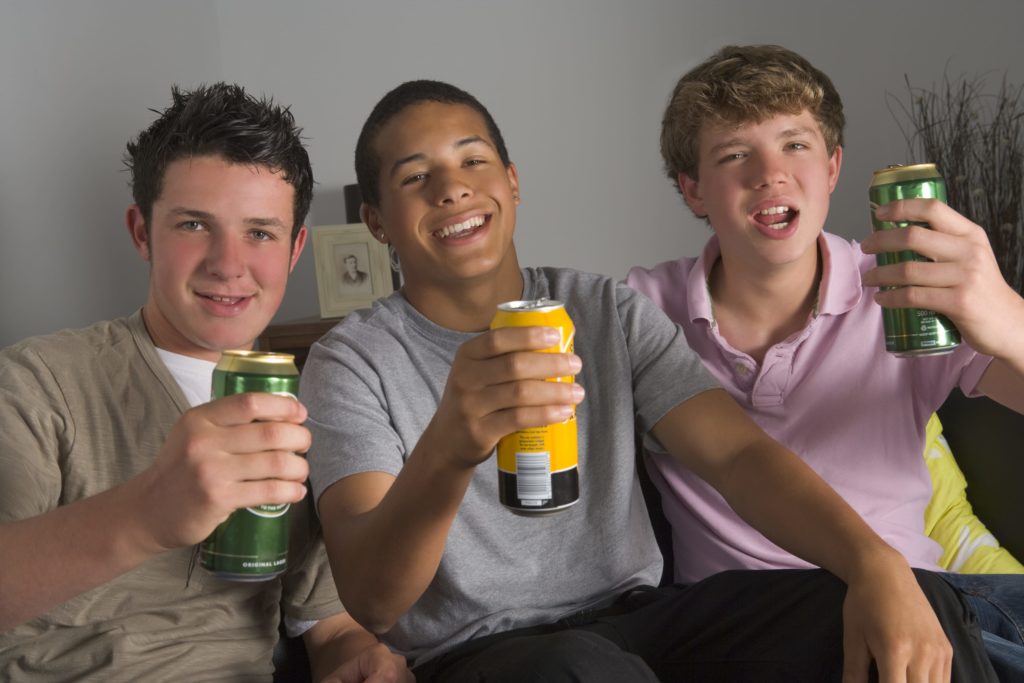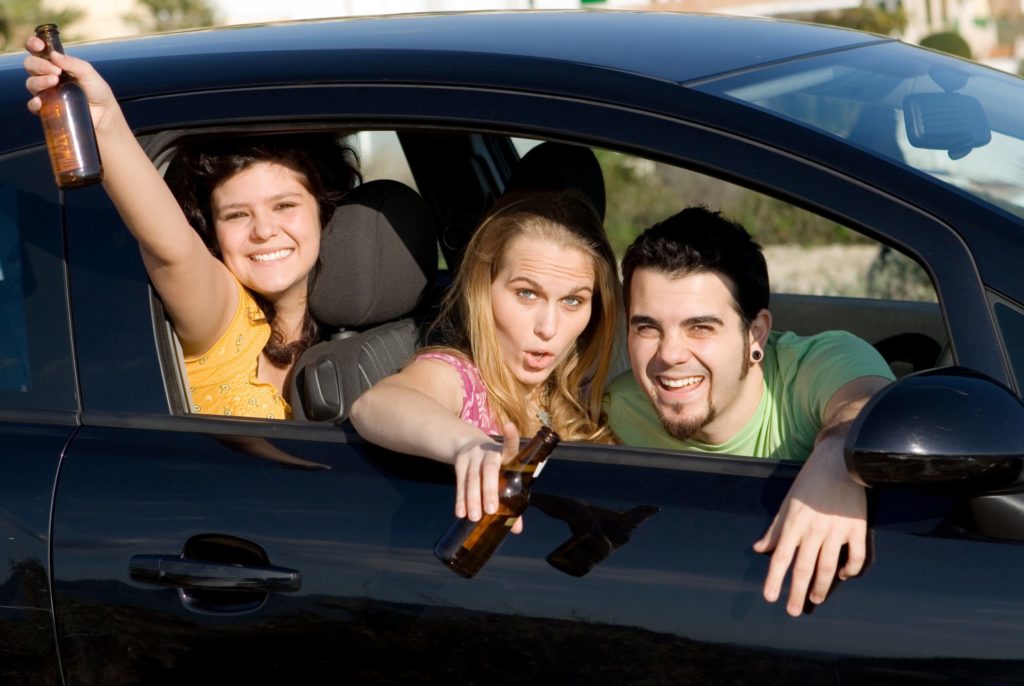New evidence from a team of American scientists indicates that teenage alcohol consumers may drink alone as a consequence of negative emotional states and an associated inability to resist alcohol intake. So, why do teenagers drink alone?
Compared to people who drink in social settings with others, adults and teenagers who consume alcohol on their own have increased chances of drinking heavily and subsequently increasing their exposure to diagnosable alcohol problems.
In a study published in March 2015 in the journal Addiction, researchers from two American universities sought to determine the underlying reasons why teenagers drink alone rather than in the company of others. These researchers concluded that solitary drinking in teens is associated with the increased presence of negative emotions and a related decline in the ability to avoid alcohol consumption.
Solitary Alcohol Consumption
Social factors play a large role in the initiation of alcohol consumption and also help determine the likelihood that any given person will continue to drink over time. This holds true because drinking is, for most people, at least partially motivated by factors such as a desire to make social interactions easier, a desire to fit in with peers who drink, a desire to feel more at ease in social situations and/or a desire to increase social confidence. Still, large numbers of people at least occasionally consume alcohol alone.
Not all solitary drinking causes harm; in fact, millions of Americans consume a drink or two on their own without suffering any negative consequences. However, a regular practice of solitary drinking may lead to a substantial increase in the overall amount of alcohol consumed by an individual, and may thereby contribute to that individual’s chances of eventually qualifying for a diagnosis of alcohol use disorder (alcoholism and/or non-addicted alcohol abuse).
Current findings from a team of Carnegie Mellon University researchers indicate that solitary alcohol consumption is not a particularly rare activity among U.S. teenagers. In a study published in 2013 in the journal Clinical Psychological Science, these researchers concluded that over a third (38.8 percent) of all teens drink by themselves at least some of the time. Such a pattern of solitary drinking apparently significantly increases the chances that an adolescent will ultimately develop alcohol use disorder as an adult and require treatment for alcohol abuse.
Negative Emotions
Broadly speaking, negative emotions are feelings and moods that tend to destabilize a sense of mental/psychological well-being when they appear with unusual frequency. Common examples of such emotions include fear, guilt, sadness, hopelessness, jealousy and envy. In a psychologically healthy person, negative emotional states are counterbalanced with positive emotional states such as joy, love, empathy and gratitude.
However, some people have an unusually large number of negative emotions and an unusually small number of positive emotions. Psychologists sometimes refer to a long-term pattern of predominantly negative moods and feelings as a personality trait called negative emotionality. People affected by this trait may experience a range of damaging influences on their sense of well-being and mental stability, including anxiety-related symptoms, depression-related symptoms and a relatively poor ability to adapt to stressful situations.
Impact on Teens’ Solitary Drinking
In the study published in Addiction, researchers from Carnegie Mellon University and the University of Pittsburgh used data gathered from 761 teen alcohol consumers to help determine the impact that negative emotionality has on the odds that an adolescent will consume alcohol in a solitary setting. All of the study participants took a screening test, called the Lifetime Drinking History, designed to identify their typical patterns of alcohol use. Each participant also took several screening tests designed to identify basic personality traits and level of involvement in negative emotionality, including the Constructive Thinking Questionnaire and the Multidimensional Personality Questionnaire.
The researchers concluded that the chances that a teenager will drink alcohol on his or her own are indirectly related to that teen’s level of negative emotionality. They also concluded that the relative ability to resist consuming alcohol while in a negative emotional state is a direct determining factor in teens’ solitary drinking. In addition, the researchers found that a well-developed ability to avoid acting in impulsive ways lowers the odds that an adolescent will participate in solitary drinking while in a negative state of mind. The study’s findings indicate that teenagers who can control their impulsive behavior experience a roughly 79 percent reduction in their chances of becoming solitary alcohol consumers while in negative emotional states.
Why Do Teenagers Drink Alone?
Are you asking yourself, “Why do teenagers drink alone?” We have the answers, and we want to help. To that end, we offer several alcohol addiction programs, including:
- Alcohol addiction treatment
- Dual diagnosis treatment
- Inpatient treatment
- Outpatient treatment
- Aftercare treatment
Call 17135283709 today to learn more, and stop asking yourself, why do teenagers drink alone?






